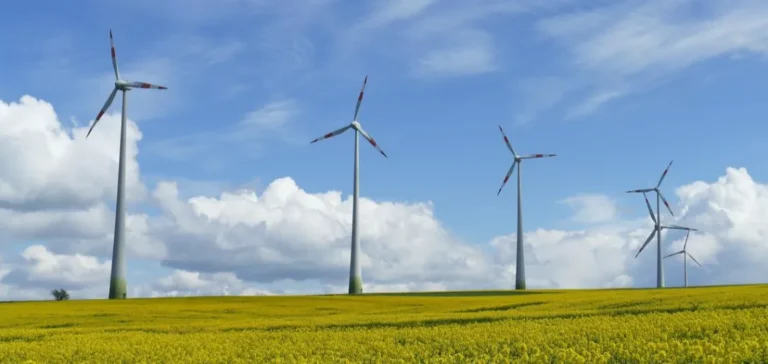Prime Minister Sébastien Lecornu has denied any plan for a moratorium on solar and wind projects in France, responding to media reports suggesting a forthcoming decree could suspend their development. He described these claims as “false and misleading”, adding that there was no intention to revise the country’s decarbonisation targets.
The head of government nevertheless emphasised the need for stricter oversight of public funds allocated to renewable energy support, stating that “no rent-seeking will be tolerated”. This clarification comes as discussions over the Programmation pluriannuelle de l’énergie (PPE), the main national energy planning tool, enter their final stage.
Growing concern across renewable energy sectors
The initial report hinting at a possible freeze on solar and onshore wind development sparked strong reactions across the sector. Several industry federations and agricultural organisations, including the Fédération nationale des syndicats d’exploitants agricoles (FNSEA), voiced concern, highlighting the increasing importance of renewable projects in diversifying farm incomes.
The PPE, which outlines France’s energy policy direction over the next ten years, determines investment dynamics, auction planning and the allocation of public subsidies. Any uncertainty about its content may directly affect the industrial and financial decisions of operators in the sector.
Balancing energy ambition with budgetary constraints
According to several sources close to the matter, the idea of a moratorium was floated in the context of budgetary and political trade-offs aimed at countering criticism from opposition parties. Although this option has now been officially ruled out, it highlights the pressures surrounding public support distribution and the direction of national energy priorities.
France currently has over 22 gigawatts of installed onshore wind capacity and around 18 gigawatts in solar. These volumes represent a significant share of national climate commitments, but their growth remains highly dependent on the stability of regulatory and financial frameworks.
Roadmap publication expected by end of 2025
Sébastien Lecornu reaffirmed the government’s commitment to supporting renewable energy, while stressing the need for tighter control of subsidy mechanisms. The government aims to contain public spending while ensuring the country’s energy trajectory aligns with sovereignty goals.
The final version of the PPE is expected to be published by the end of the year. It will define target volumes, funding mechanisms and technological priorities for the coming period. Its validation will be key for project timelines, investment outlooks and the associated regulatory frameworks.






















